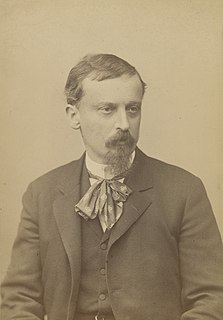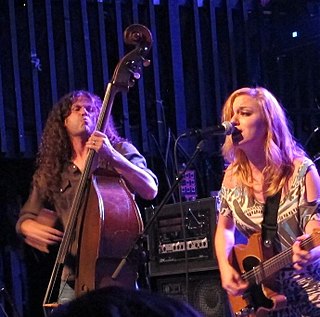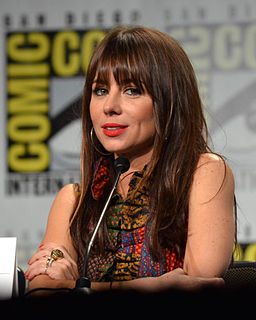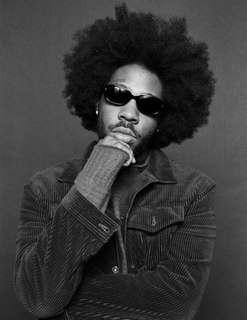A Quote by Amanda Gorman
One: whose shoulders do you stand on? And two: what do you stand for? These are two questions that I always begin my poetry workshops with students because at times, poetry can seem like this dead art form for old white men who just seem like they were born to be old, like, you know, Benjamin Button or something.
Related Quotes
I have just been to a city in the West, a city full of poets, a city they have made safe for poets. The whole city is so lovely that you do not have to write it up to make it poetry; it is ready-made for you. But, I don't know - the poetry written in that city might not seem like poetry if read outside of the city. It would be like the jokes made when you were drunk; you have to get drunk again to appreciate them.
There is something essential and necessary about the immediacy and democracy of poetry. If you look at the history of literature, poetry is the one enduring genre from Homer to Ashbery - no other literary form has lasted as long. The novel is only two or three hundred years old... And yes, it's mainstream if we look back, we often turn to poetry to encapsulate what was going on in a particular moment because it crystalizes the experience in a very condensed and meaningful way.
... while our men seem thoroughly abreast of the times on almost every other subject, when they strike the woman question they drop back into sixteenth century logic. They leave nothing to be desired generally in regard to gallantry and chivalry, but they actually do not seem sometimes to have outgrown that old contemporary of chivalry--the idea that women may stand on pedestals or live in doll houses,... but they must not furrow their brows with thought or attempt to help men tug at the great questions of the world.
I tend to like the way poets form communities. Writing can be lonely after all. Modern life can be lonely. Poets do seem to be more social than fiction writers. This could be because of poetry's roots in the oral tradition - poetry is read aloud and even performed. I'm just speculating, of course. At any rate, because poets form these groups, they learn from one another. That is one of the best things about being a poet.
I just like to build. Don't get me wrong: I think stand-up is great, and when someone like Richard Pryor or Steve Martin does stand-up, there's nothing better in the world. But I don't want to watch a lot of stand-ups for two hours. So I can do 45 minutes of stand-up and then say, 'Can we do something else now?'
There's always a handful of 40-year-old dudes. I don't know why that is exactly. I don't know if it's like my looks or the music or what, but I seem to just really appeal to that age group. A lot of people have said to me, "What's with all the old men?," and they laugh. But to me, those are my fans and I'm happy they exist.
Poetry is the essence of everything, and it’s through deep contact with reality and living fully that you reach poetry. Very often I see photographers cultivating the strangeness or awkwardness of a scene, thinking it is poetry. No. Poetry is two elements which are suddenly conflict — a spark between two elements. But it’s given very seldom, and you can’t look for it. It’s like if you look for inspiration. No, it just comes by enriching yourself and living.
I think poetry always lives its life, and people come to it and people go away from it, 'people' in the sense of larger numbers of people. It's as though you begin to think that poetry is a resource, and that at certain times people seem to need it or want it or can find sustenance in it, and at other times they can't.
I find it strange that - at least in my take on it - the people who are the most alarmed about the dire times we live in are the ones who seem to be humorless, in their taste for poetry anyway. Humor is just an ingredient. It's always been in poetry. It kind of dropped out of poetry I think during the 19th and up to the mid-twentieth century. But it's found its way back. And it's simply an ingredient.






































